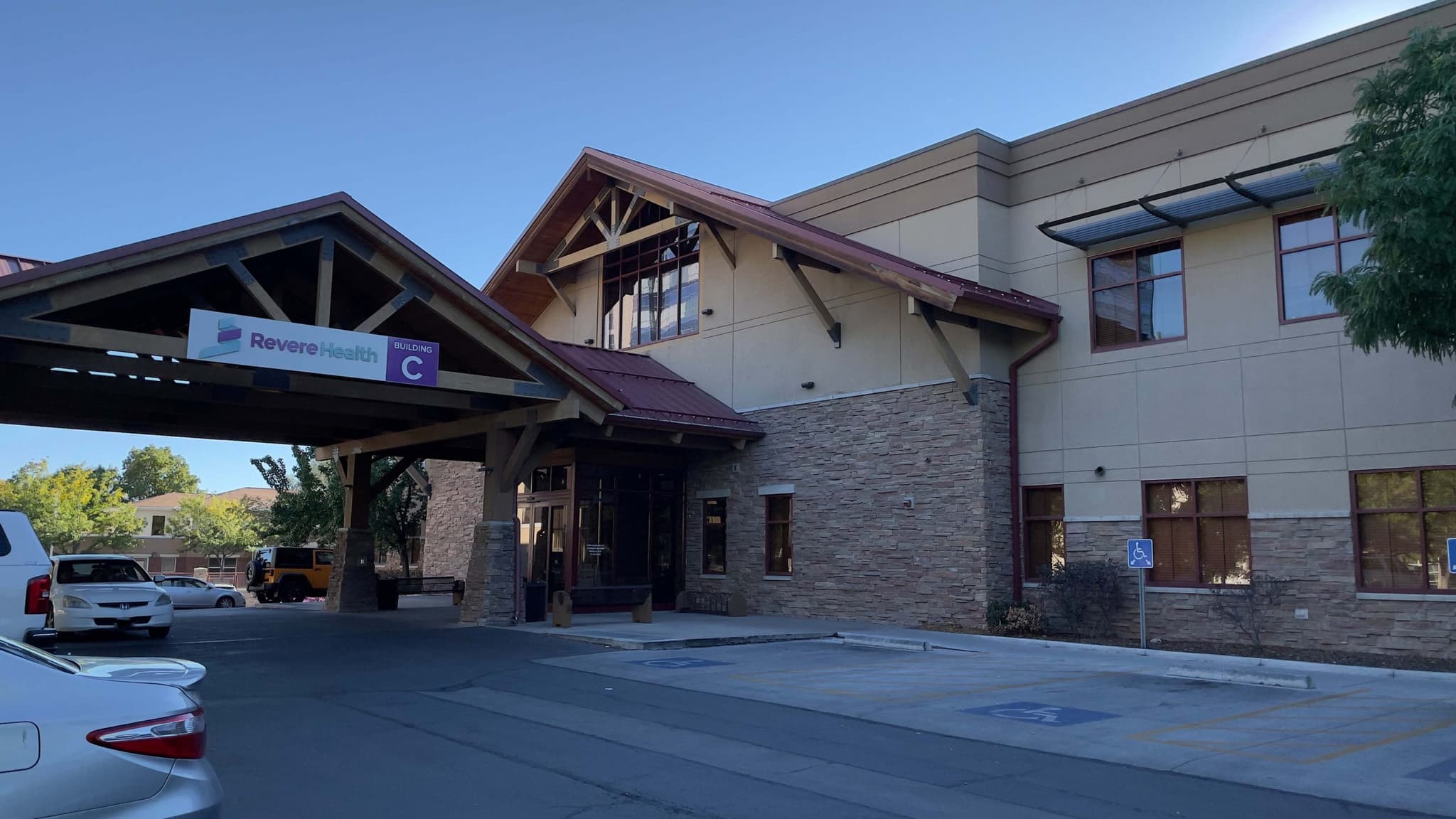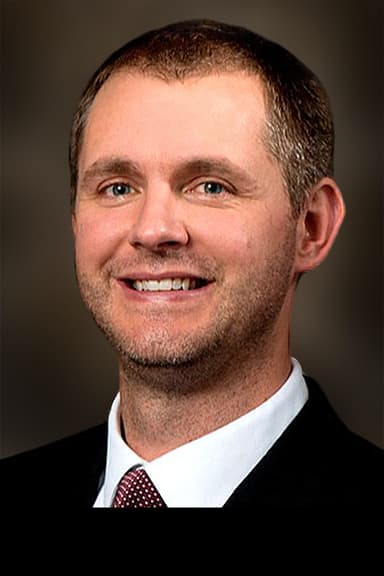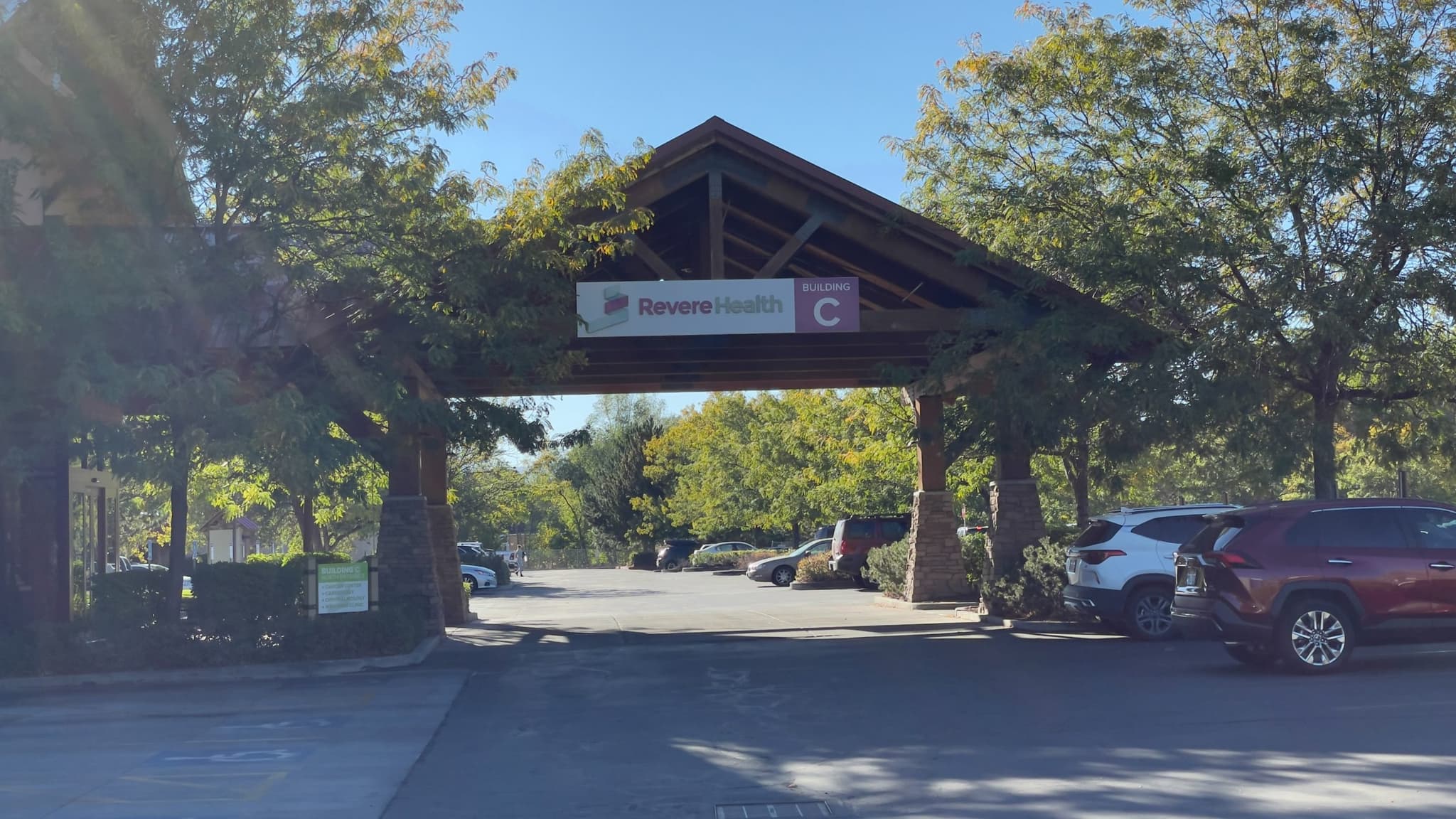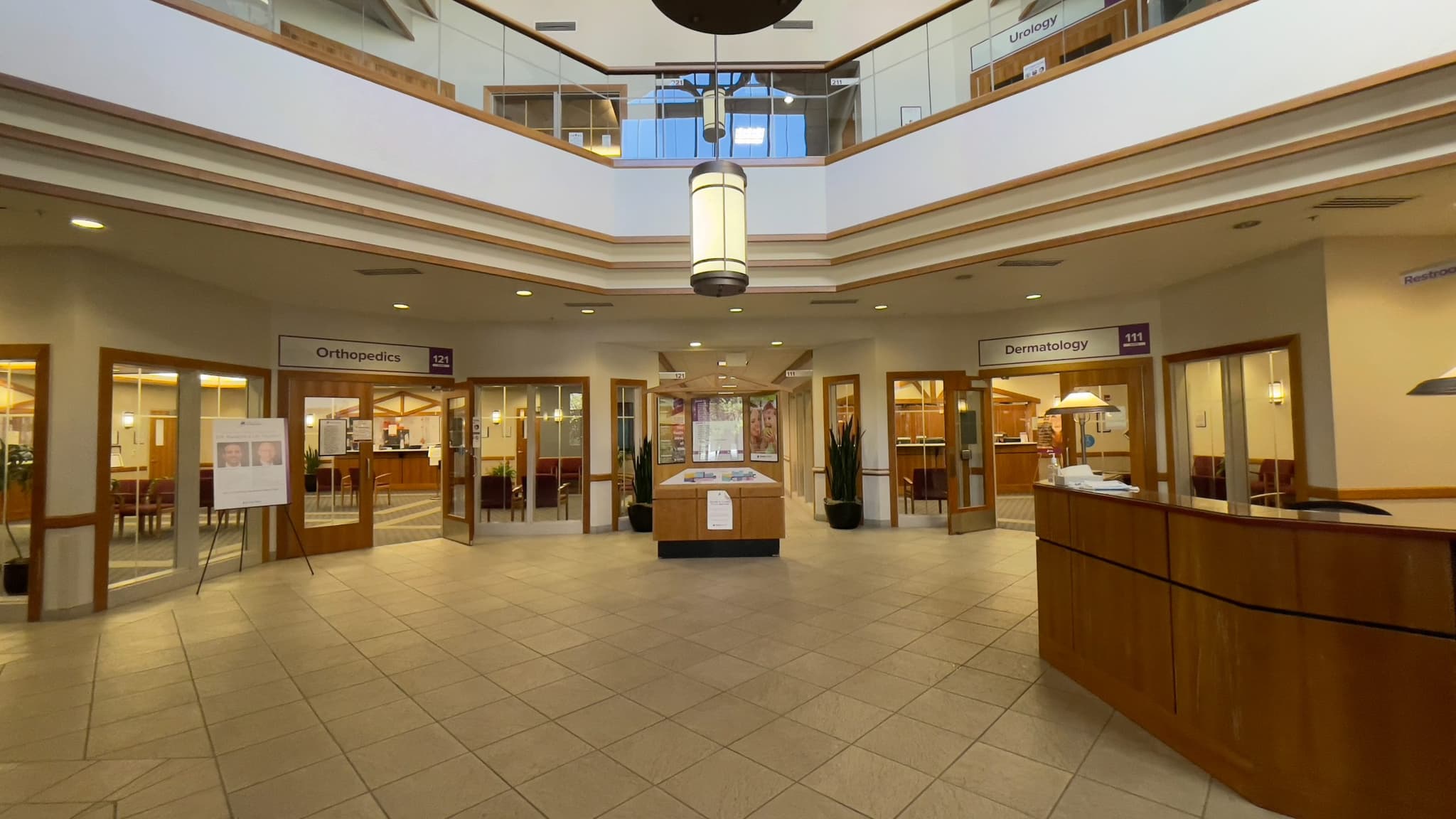Provo Vein and Vascular
Our team specializes in the prevention, diagnosis, and treatment of venous insufficiency. Using advanced ultrasound technology, we will carefully evaluate all contributing factors and create a care plan tailored to your needs. From conservative therapy to a variety of vein treatments, we can provide you with the latest techniques and methods for venous care. Our team takes a holistic, compassionate approach because we believe that when your legs feel better, your whole life does too.

Information Cards
Phone: (801) 812-5550
Fax: (801) 812-4699Monday - Friday:
7:00 a.m. - 5:00 p.m.See patient education
resources below ↓
Services
Consults
Learn About ConsultsDiscuss with a provider your history of symptoms and receive a plan for treatment.
Imaging
Learn About ImagingUsing imaging technology, your doctor can evaluate your vein condition and provide imaging-guided treatment.
Ultrasound
Learn About UltrasoundImaging test that uses sound waves to create pictures of the veins, identify complications, and provide ultrasound guided treatment.
Cosmetic Spider Vein Treatment
Learn About Cosmetic Spider Vein TreatmentInjection of a solution that closes the veins to reduce their appearance. It is not covered by insurance.
VenaSeal Closure
Learn About VenaSeal ClosureThe VenaSeal closure procedure is a minimally invasive procedure which improves blood flow by closing or sealing veins with a medical grade glue. It is not covered by insurance.
Sclerotherapy and Varithena
Learn About Sclerotherapy and VarithenaAn injection of a foam solution to close veins which reduces their appearance and relieves aches and pains.
Radiofrequency Ablation
Learn About Radiofrequency AblationRadiofrequency ablation is an ultrasound-guided, minimally invasive treatment for superficial venous reflux that seals veins.
Microphlebectomy
Learn About MicrophlebectomyMicrophlebectomy is a minimally invasive removal of varicose veins through tiny incisions on the leg. No stitches required.
Pelvic Congestion Syndrome Management
Learn About Pelvic Congestion Syndrome ManagementUsing diagnostic imaging to perform minimally invasive procedures when indicated.
More about value-based care










